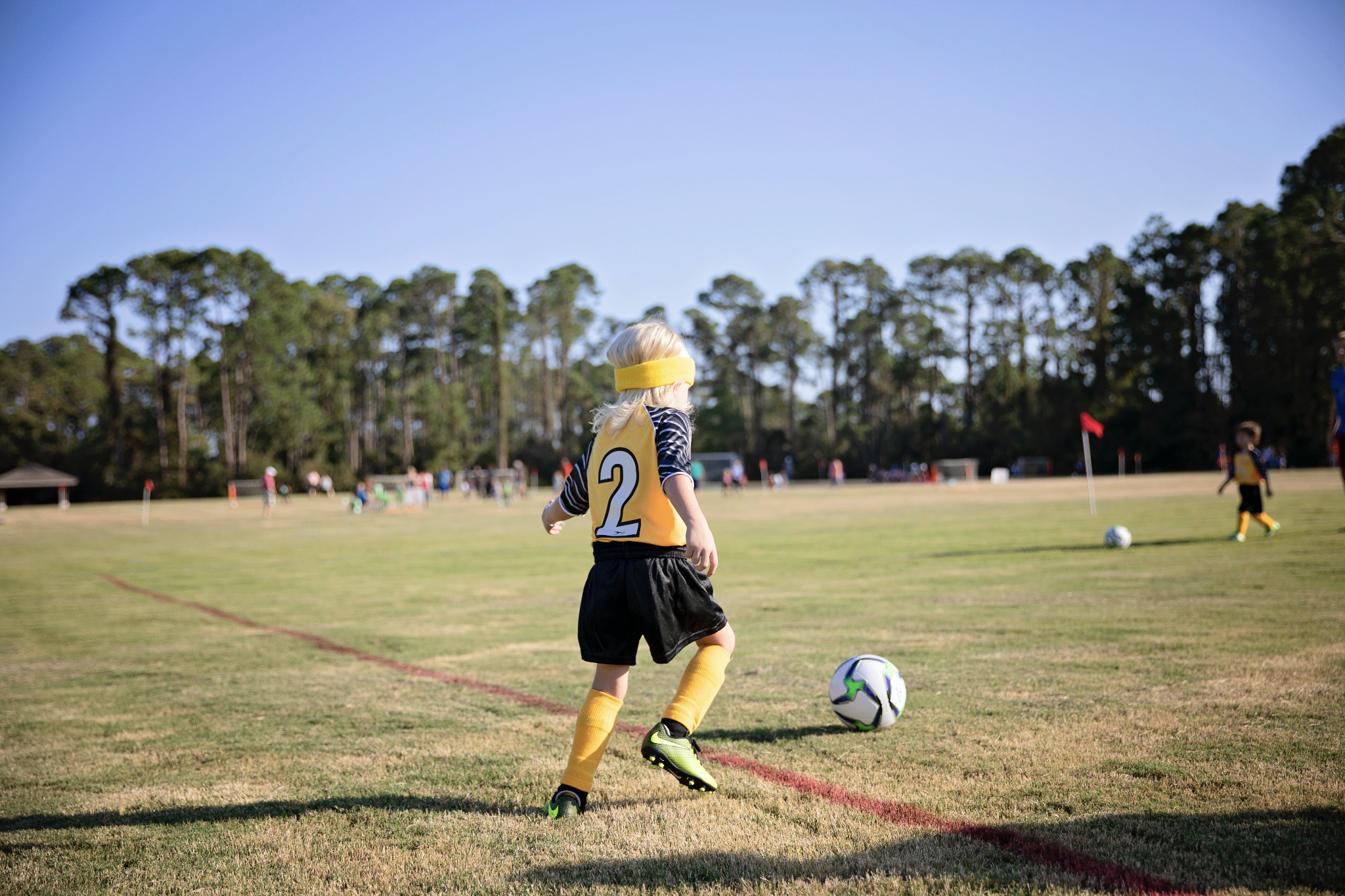
The material on children’s sports nutrition could be the smallest and most concise interview:
– Do you also have sports nutrition for children?
– Yes.
However, SuperFood has covered this topic in more detail: questions arise – for whom is children’s sports food intended? For what purposes is it introduced into the child’s diet? Can you do without it?
Nutritionist Denis Goncharov helped us to understand this topic.
– A small “introductory word” about sports nutrition: what are its tasks?
– Sports nutrition is food for a functional purpose: for example, protein, protein-carbohydrate and carbohydrate cocktails, which are designed to fill the need for calories, proteins, fats and carbohydrates, and have specific tasks.
There is a nutritional value of the product – proteins, fats, carbohydrates, and there is a biological value – macro- and microelements, vitamins.
If we talk about adults – for example, bodybuilders – they consume sports nutrition because they cannot eat 15–20 kg of food a day in order to get the amount of protein they need (and they need a lot of protein). This is unrealistic. Therefore, naturally, they choose concentrate to achieve their goals.
Another example is when a person (for example, an electric locomotive driver) needs strength and food. He has no time to eat on the night shift, and he drinks a cocktail to remove the feeling of hunger and drowsiness.
Or people need energy before strength training – and they use sports nutrition.
I am against adding sports nutrition to the diet on a mass basis, because each case is different, and not everyone needs sports nutrition.
– And in what cases may children need it?
– In my practice, I introduced a certain sports nutrition into the child’s diet, but precisely as an enriching product. Well, for example, a child does not eat meat – due to allergies or other problems – and in order to replenish the daily protein intake, a protein isolate was added to the puree. His mom is a medic, and we made all decisions together.
This is important to understand: I am not a doctor – I am a nutritionist. When compiling a diet, I rely only on the appointment of a doctor, because I am a civilian specialist, not a medical one. This issue must be approached responsibly.
Another example is when, say, young people aged 14–17 – boxers – need to gain weight: for this purpose, they can take sports nutrition. But this is already a specialized sports organization – there are doctors, trainers – and all decisions related to health are made strictly under the supervision of specialists. First of all, a doctor’s recommendation. The second is the coach’s recommendation.
Before talking about a child’s needs, you need to understand his norm – it is calculated according to certain formulas (the level of physical activity, age, gender, height, weight …).
Energy consumption is determined both at rest and under additional loads. That is, specialized calculations are required, and it is incorrect to say “yes” or “no” regarding sports nutrition. Everything is very individual.
– It turns out that just like that, if the child is not an athlete, it is not worth introducing sports nutrition into his diet?
– Yes, personally, I do not recommend doing this – you do not need to teach a growing body to replenish energy expenditures with refined substances (to this I also include products with pure sugar). Nutrition should be balanced and complete.
Parents should pay attention to the WHO recommendations on healthy eating in order to correctly select a diet for their child.
Of course (my purely personal opinion), children need to take vitamins on an ongoing basis – after all, it is very difficult to get everything you need from food. But taking vitamins cannot replace a balanced diet.
As for the diet – you can calculate it yourself using special applications, and if it is inconvenient to “bother” in this way, then first of all contact nutritionists and pediatricians.
But so that you can calculate everything yourself, “read” an article, run to take tests and self-medicate – this is incorrect.
* Taking vitamins, dietary supplements and sports nutrition is carried out under the supervision of a doctor
The material was prepared by Alexandra Goryunova
